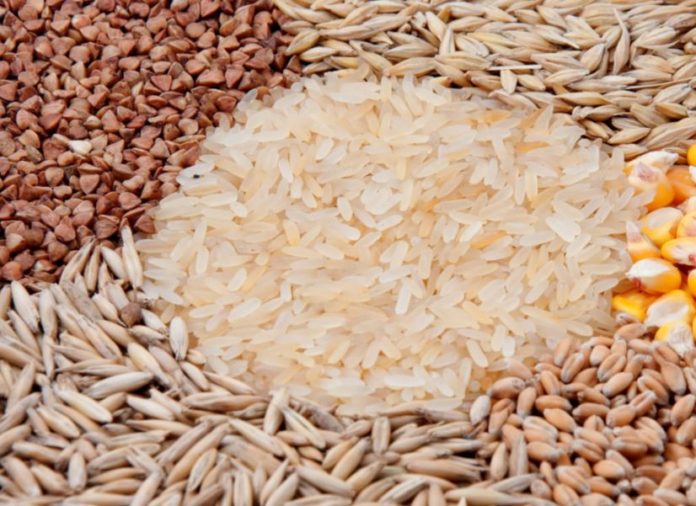Morocco has received a loan of €199 million (MAD 2.1 billion) from the African Development Bank (AfDB) to finance the country’s Competitive and Resilient Cereal Development Support Program (PADCRC) in an effort to reduce reliance on cereal imports.
The loan is part of the African Emergency Food Production Facility that aims to improve the efficiency and climate resilience of Moroccan cereal production to preserve domestic food security and cut rising import bills.
“In sum, the project will value and create more jobs for rural youth and women. The loan is expected to increase cereal productivity by 50%, while reducing cereal imports by 20% by 2030 and boosting farmers’ incomes,” said AfDB Country Manager for Morocco Achraf Hassan Tarsim.
Moroccan cereal production
The ongoing war in Ukraine has been key in unveiling the structural un-sustainability of Moroccan cereal production. Faced with a severe drought, Morocco’s cereal production, which is not self-sufficient even in the best agricultural seasons, has dropped. This context has pushed the country to look for external suppliers amid a global shortage of cereals due to the ongoing war in Ukraine. Morocco has notably turned to France and imported over one million tonnes of soft wheat this summer. French exports to Morocco are expected to stand at 4.5-5 million tonnes in 2023.
Morocco’s heavy reliance on cereal imports, particularly during drought seasons, results from limited local production of a commodity that is key to the local diet. Given that most of the agricultural lands in the North African country are arid, the local production of cereal is expected to shrink due to the overall decrease in precipitation and moisture due to climate change.
According to agricultural experts, wheat, barley, and canola require a certain amount of moisture to initiate germination and growth. The production of the three kinds of cereal requires a sustainable water supply, either thanks to precipitation or with the support of irrigation systems. Annually, cereal crops need between 100 mm and 125 mm of water to grow. The higher the temperatures are, the more water is needed to keep the soil moist and cool for vegetative crop growth.
Given the higher costs of irrigation systems, Morocco remains reliant on precipitation for local production, and on the global wheat market to offset the supply shortage and keep cereal prices at an affordable range.









